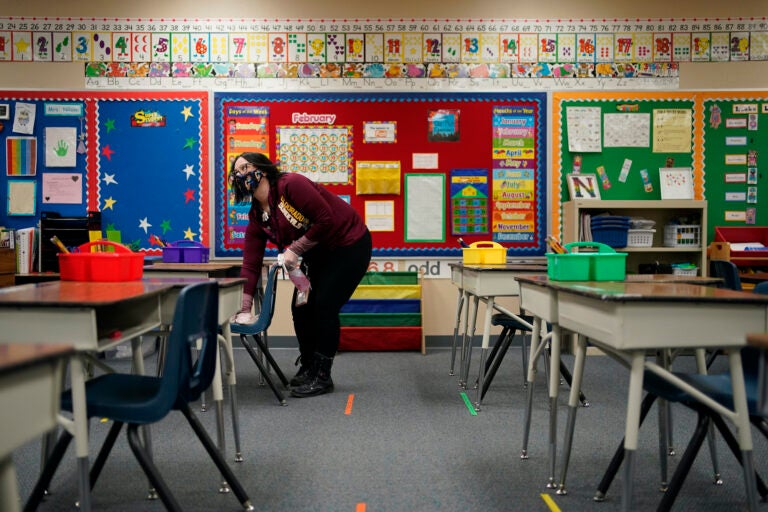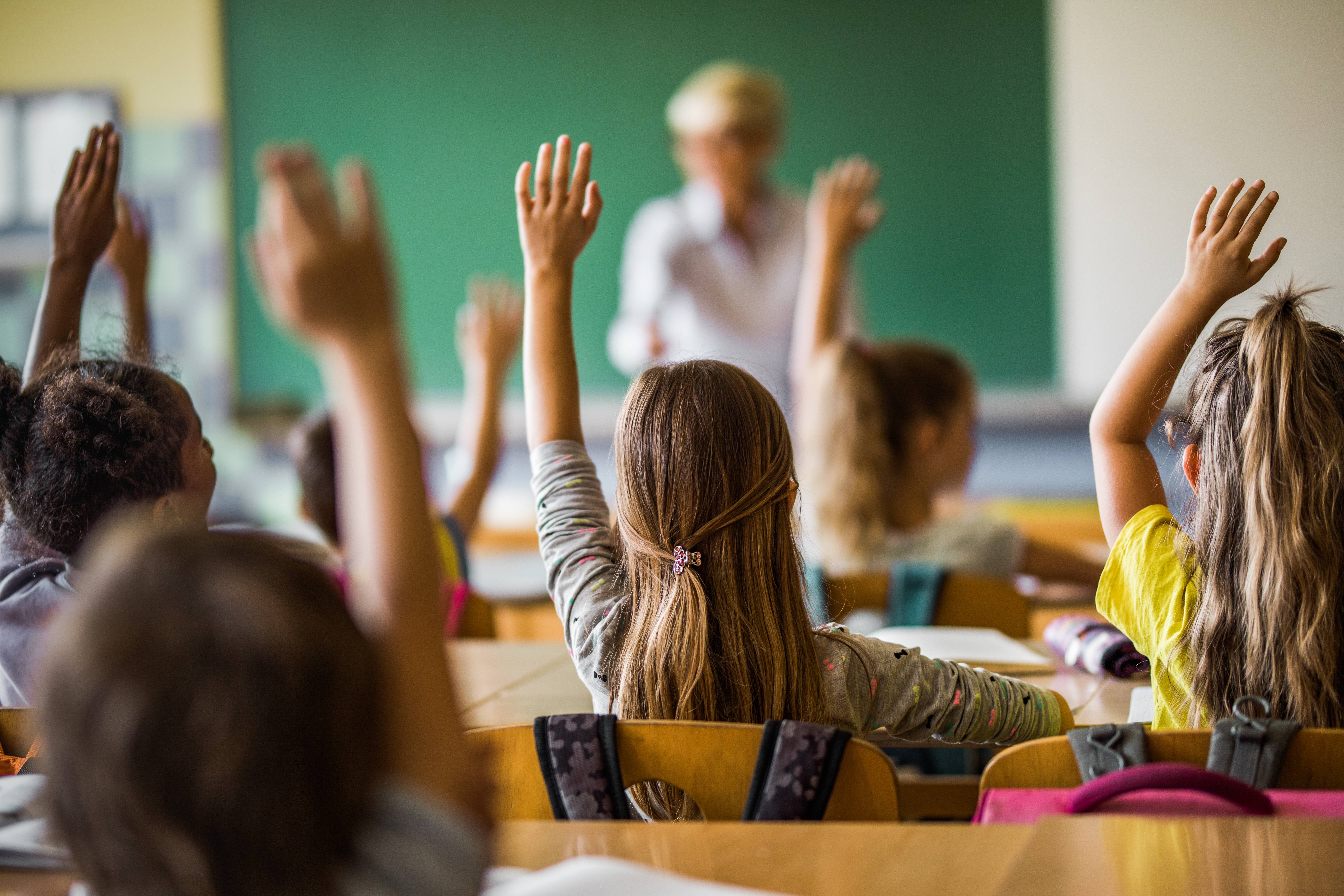Understanding the Relevance of Schools in Child Advancement and Community Growth
Schools' interaction with neighborhood areas via service-learning initiatives enhances the bond between families and educational institutions. This symbiotic relationship underscores the value of colleges in supporting active citizenship and long-lasting learning habits.
Academic Achievement
Academic success works as a cornerstone of child growth, supplying the structure whereupon future knowing and success are developed. Institutions play a critical role in fostering this academic development, providing structured atmospheres where kids can acquire important understanding and cognitive abilities. Standardized educational program make sure that trainees gain proficiency in core topics such as maths, scientific research, and language arts, which are essential for both higher education and learning and professional chances.
In addition to presenting essential scholastic skills, institutions also cultivate critical reasoning, problem-solving abilities, and intellectual interest. These cognitive expertises are important for browsing complex real-world situations and adapting to the ever-evolving needs of the modern office. Educators, as facilitators of learning, utilize varied instructional methods to satisfy different understanding styles, thereby taking full advantage of specific student potential.
Moreover, academic success is carefully linked to self-esteem and motivation. Kids that experience scholastic achievements are more probable to develop a positive self-concept and a long-lasting passion for knowing. Institutions also supply various resources, such as libraries and technology, which further enhance the educational experience and prepare pupils for a technically sophisticated society.
Social Skill Growth
Beyond scholastic success, the duty of colleges in social skill advancement is crucial. Schools work as a main place for youngsters to find out and exercise necessary social skills such as conflict, interaction, and cooperation resolution. In the organized atmosphere of a classroom, students communicate with peers, educators, and various other college personnel, offering many chances to develop these crucial abilities.
Efficient social skill growth in institutions is facilitated with group tasks, collective jobs, and extracurricular programs. These communications help pupils comprehend social standards, construct empathy, and foster a sense of neighborhood. As an example, team tasks instruct pupils exactly how to function with each other towards a common objective, listen to various viewpoints, and navigate arguments constructively.

The growing of social abilities during academic year lays a foundation for future individual and professional relationships. Save Temecula Schools. As trainees develop, the ability to properly communicate and work together comes to be increasingly important, highlighting the institution's essential duty in holistic child advancement
Exposure to Variety
Exposure to diversity in schools is fundamental to cultivating an inclusive way of thinking and widening pupils' perspectives. Schools act as a microcosm of the wider culture, and running into varied societies, languages, and socioeconomic backgrounds within this environment equips students with important abilities for browsing a significantly globalized globe. This direct exposure encourages compassion, lowers bias, and advertises shared regard amongst peers.
Varied classrooms likewise boost social and cognitive advancement. Research study indicates that students who communicate with peers from varied histories display far better problem-solving skills and imagination. They learn to value various point of views, which enriches classroom conversations and cultivates a more vibrant knowing experience. Moreover, this understanding of diversity prepares pupils for future work environments that value modern competence.

Neighborhood Interaction
The benefits of varied class expand past the college wall surfaces, fostering a strong sense of community engagement amongst trainees. By engaging with peers from numerous social, socioeconomic, and ethnic histories, students obtain a more comprehensive viewpoint and a gratitude for diversity. This exposure motivates them to become active people that agree to add favorably to their areas.
Colleges that highlight neighborhood engagement usually include service-learning jobs, which allow trainees to address real-world issues while applying scholastic abilities. These jobs not just boost pupils' understanding see this page of their coursework however likewise instill a feeling of responsibility and compassion. In addition, partnerships between schools and regional organizations provide pupils with chances to get involved in community occasions, additionally solidifying their duty as positive area members.
In addition, adult and neighborhood participation in institutions strengthens the bond between universities and the neighborhoods they serve. They develop a collective setting that benefits all stakeholders when colleges open their doors to community events, workshops, and volunteer chances. This common support group makes sure that students obtain alternative growth, preparing them to become all-around people that add and value to their communities. With these efforts, colleges play a critical function in supporting community engagement and cultivating societal growth.
Lifelong Knowing Behaviors
Creating long-lasting knowing routines is essential for a child's continuous growth and flexibility in an ever-changing world. Schools play a critical function in instilling these practices by producing an environment that fosters curiosity, vital thinking, and a love for knowledge. Through diverse educational programs and extracurricular tasks, instructors urge pupils to explore different subjects, analyze information critically, and apply their discovering to real-world circumstances.

Moreover, schools supply an organized environment where youngsters can develop self-discipline and time administration abilities, both of which are essential for continuous understanding. By emphasizing the significance of you could check here establishing objectives, reviewing progress, and adjusting approaches, universities prepare students to navigate the complexities of grown-up life, guaranteeing they stay long-lasting students and factors to culture.
Verdict
In conclusion, colleges are important in fostering youngster advancement and community growth by providing settings favorable to academic success, social skill development, and exposure to variety. Eventually, schools grow lifelong understanding habits, outfitting individuals with the necessary understanding and skills to add positively to culture.
In the organized setting of a classroom, pupils interact with peers, instructors, and various other college team, offering various chances to create these vital capacities.
In essence, important site exposure to diversity within institutions not just enhances specific trainees but also strengthens the social textile of the area as a whole.
The benefits of diverse classrooms extend beyond the school walls, fostering a strong sense of neighborhood engagement amongst students.Colleges that emphasize community interaction often include service-learning jobs, which permit pupils to address real-world issues while applying academic skills. Collaborations in between institutions and local organizations provide trainees with opportunities to participate in neighborhood events, better solidifying their duty as aggressive area members.